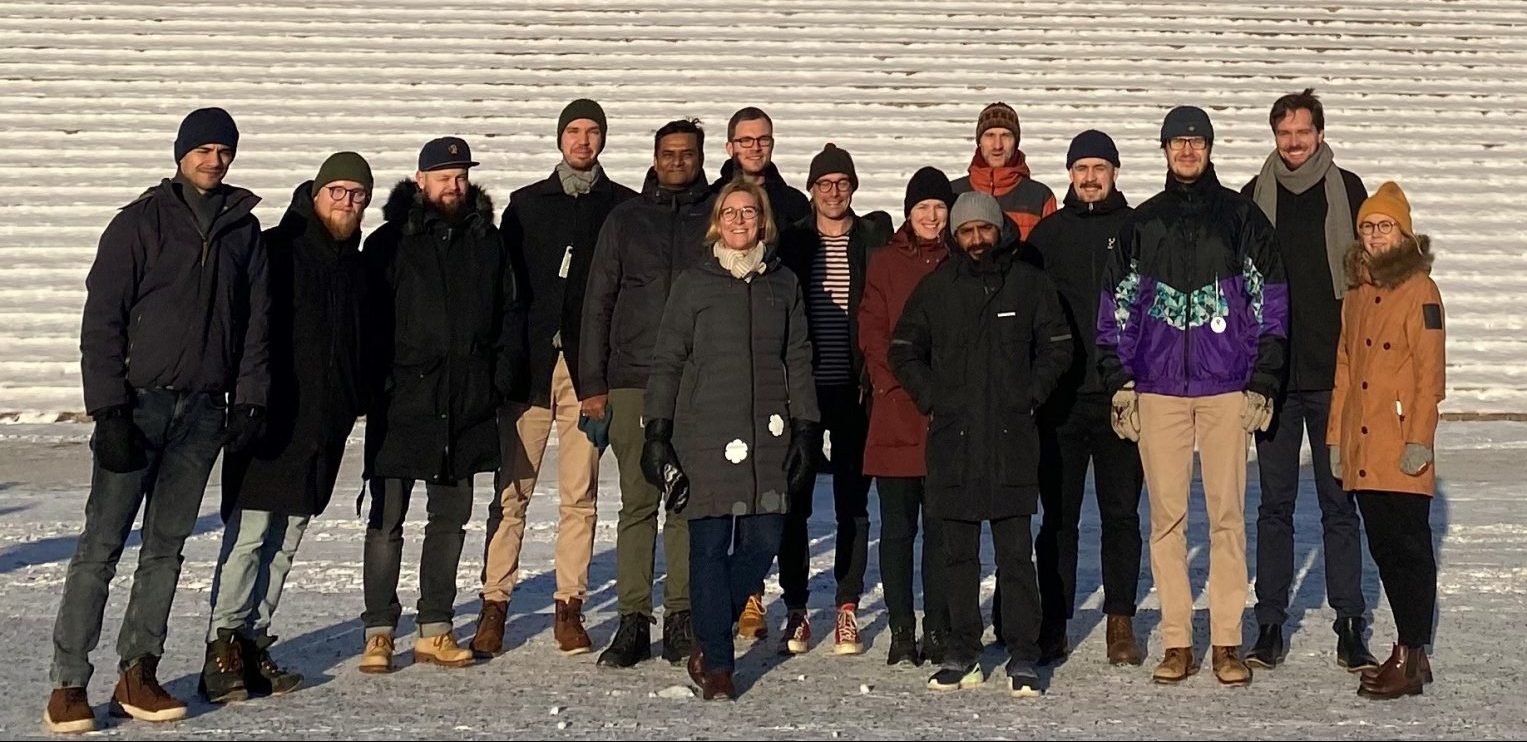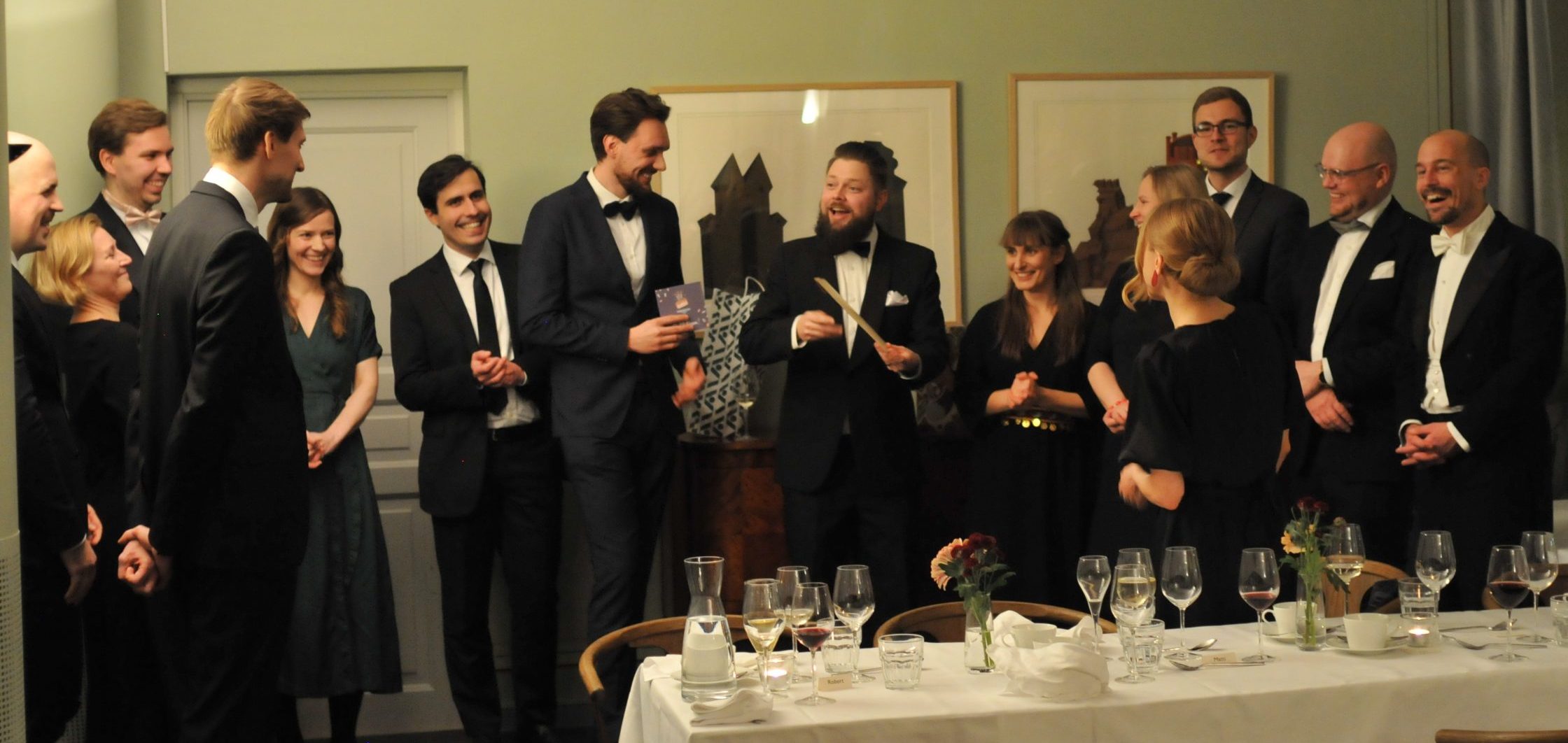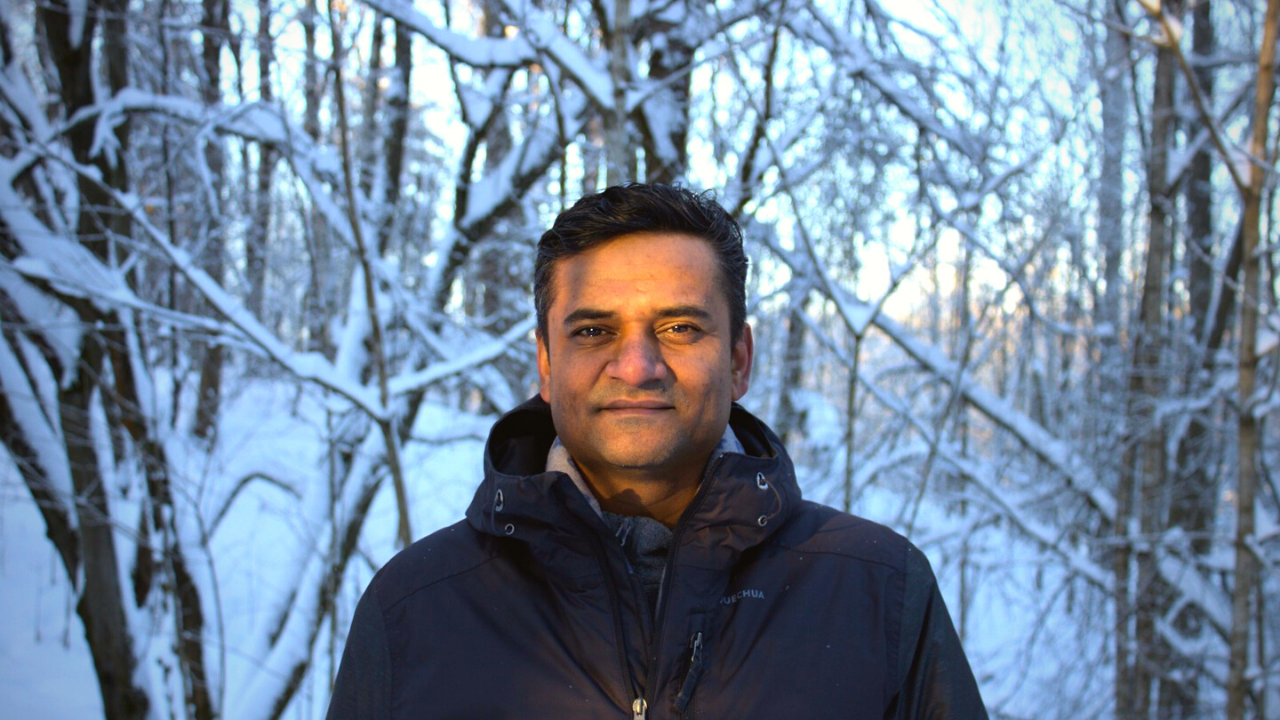We are excited to introduce Manuel Mendoza Hurtado, a PhD Researcher from the University of Cordoba. Manuel visits the Digital Geography Lab this spring to collaborate with Academy Researcher Olle Järv on the BORDERSPACE project. Check out our mini-interview with Manuel to learn more.
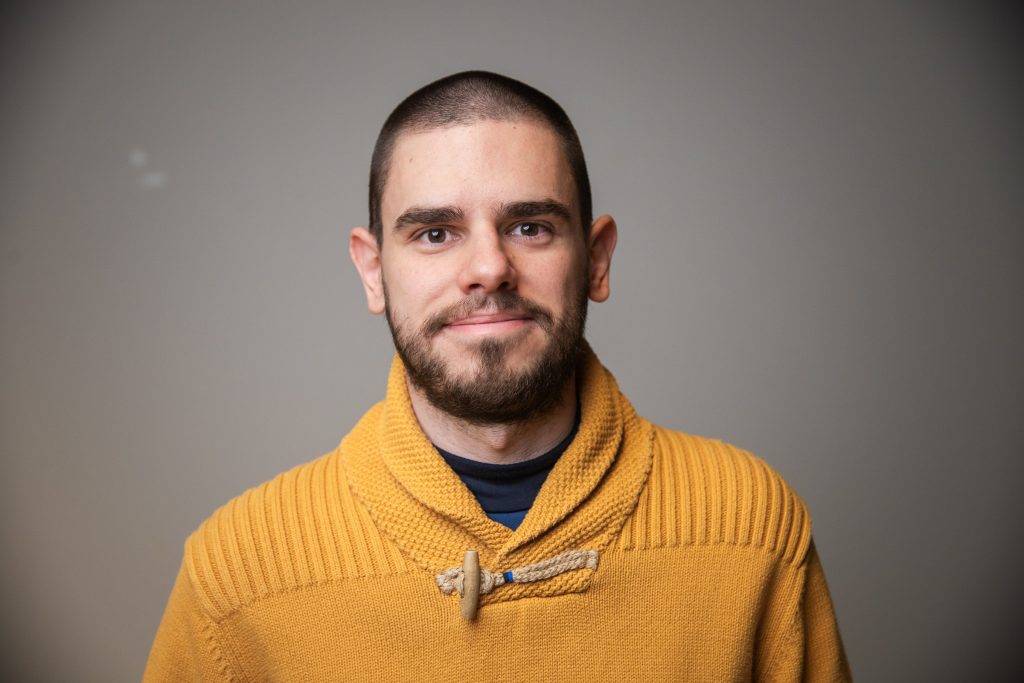
Who are you and what is your role at your home university?
I am Manuel Mendoza Hurtado, a PhD Researcher in the Computational Intelligence and Bioinformatics research group at the Department of Computer Science and Numerical Analysis, University of Cordoba, Spain. I am currently on my last PhD year. I got my Master’s degree in Telematics and Telecommunication networks from the University of Malaga. It was very interesting to learn about mobile networks and telecommunications. My research interests are supervised learning, multi-label classification and dealing with imbalance problems. Currently, I am focused on mobility patterns identification with the use of mobile devices using a machine learning approach as part of my PhD.
Please briefly introduce your research topic.
My PhD thesis “Identification of mobility patterns using advanced artificial intelligence techniques applied to mobile phone data” studies different approaches to identify home and work locations for the users and how could we make use of their mobility patterns to improve public transport planning. I have been working with a multi-source dataset from the city of Milan, with Call Detail Records using classification algorithms to detect home and work locations. Continue reading “Meet Manuel Mendoza Hurtado, a visiting PhD Researcher from University of Cordoba”

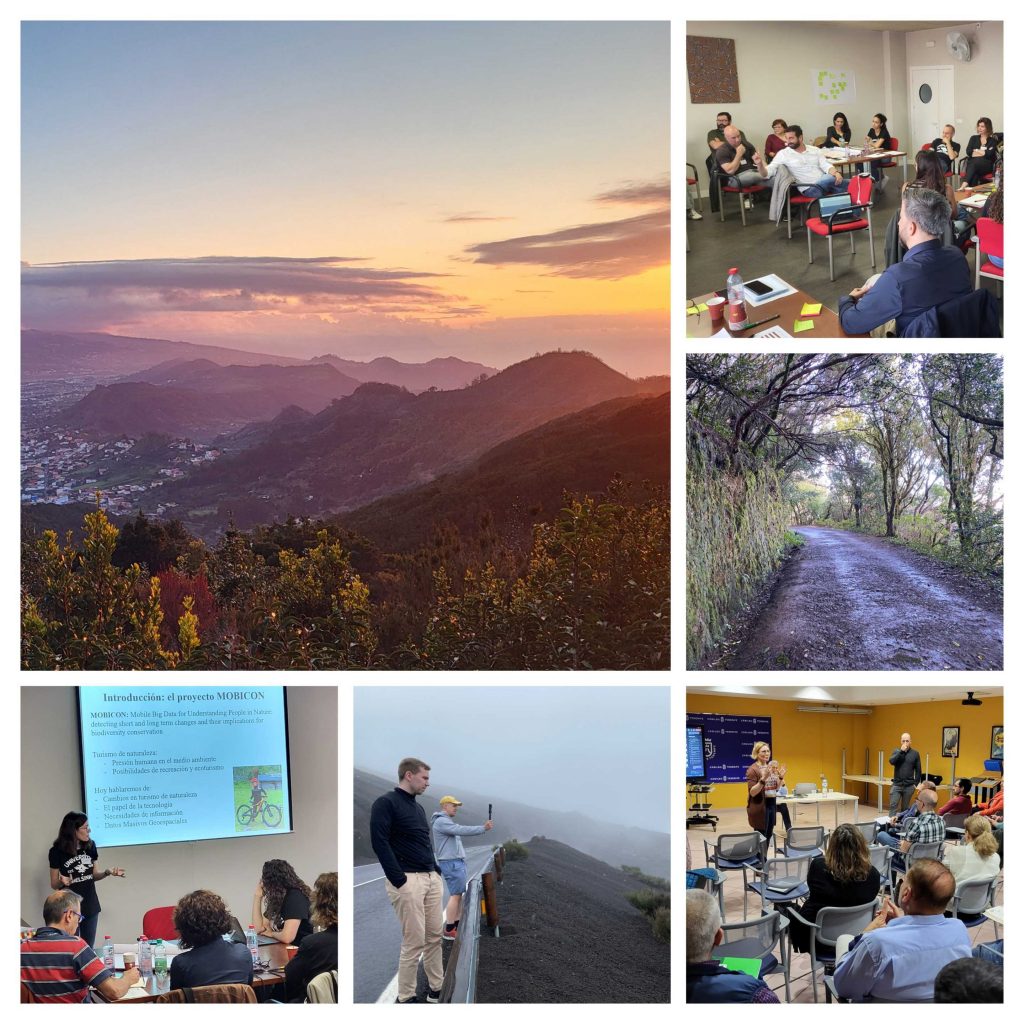

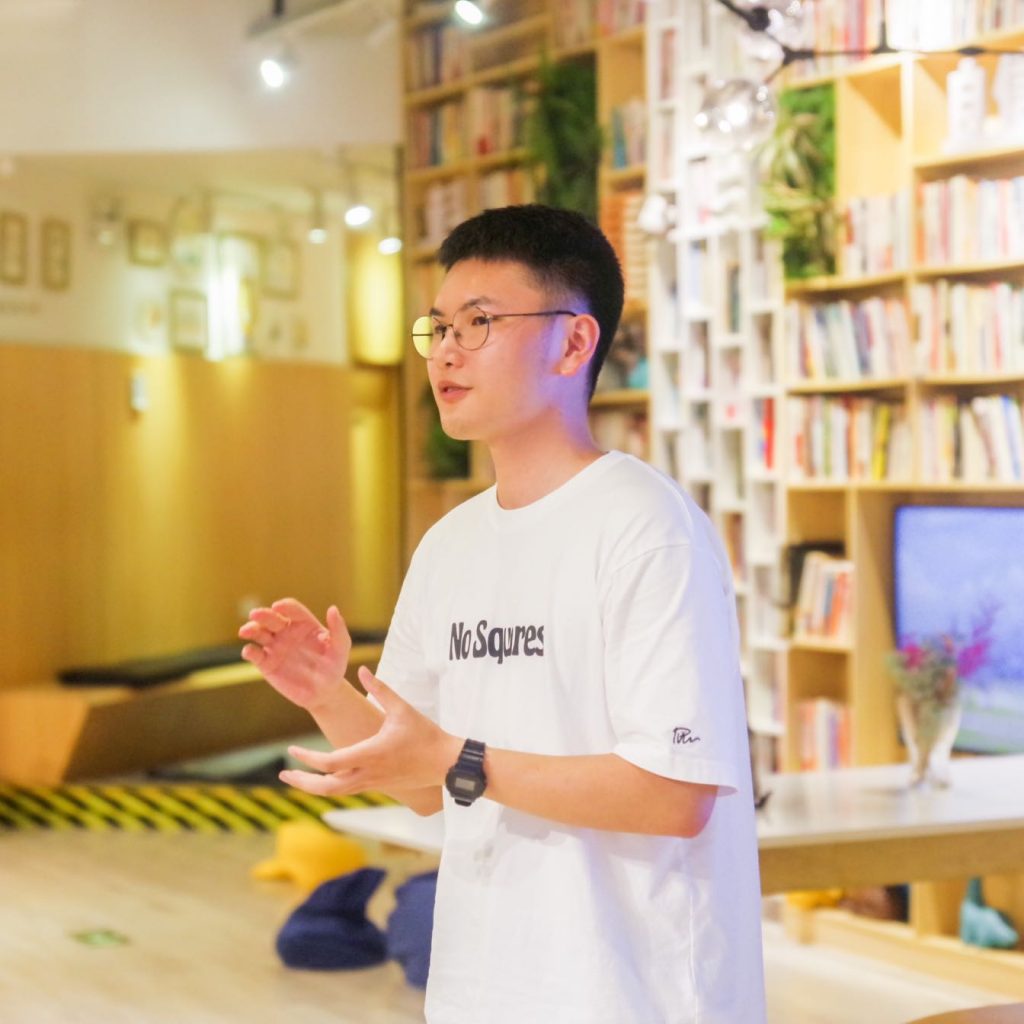
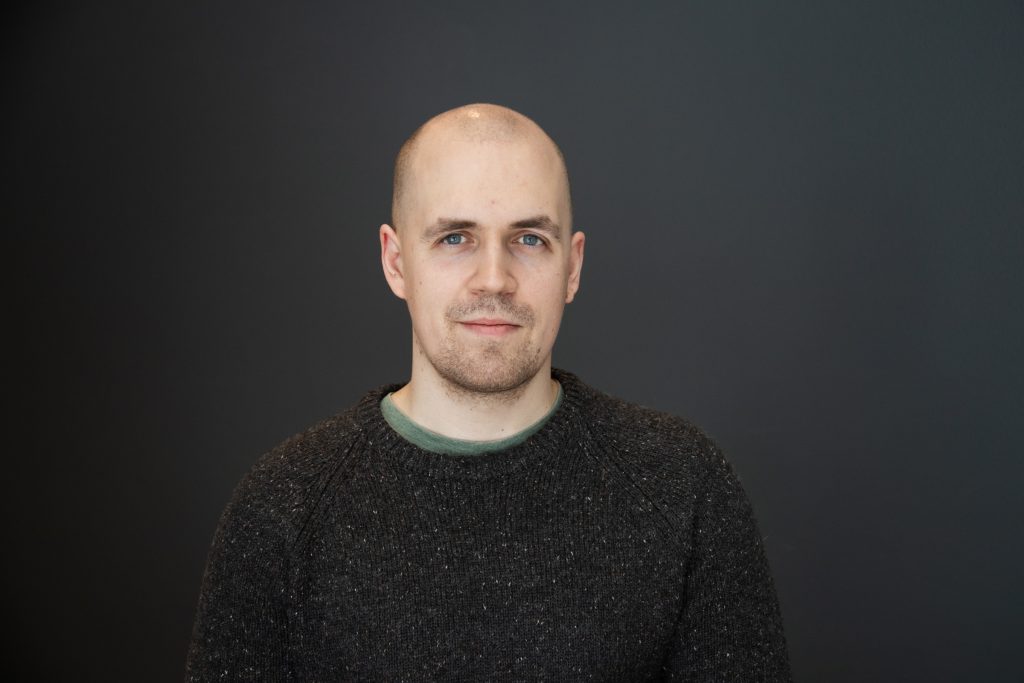
 Who are you, and what is your role at your home university?
Who are you, and what is your role at your home university?